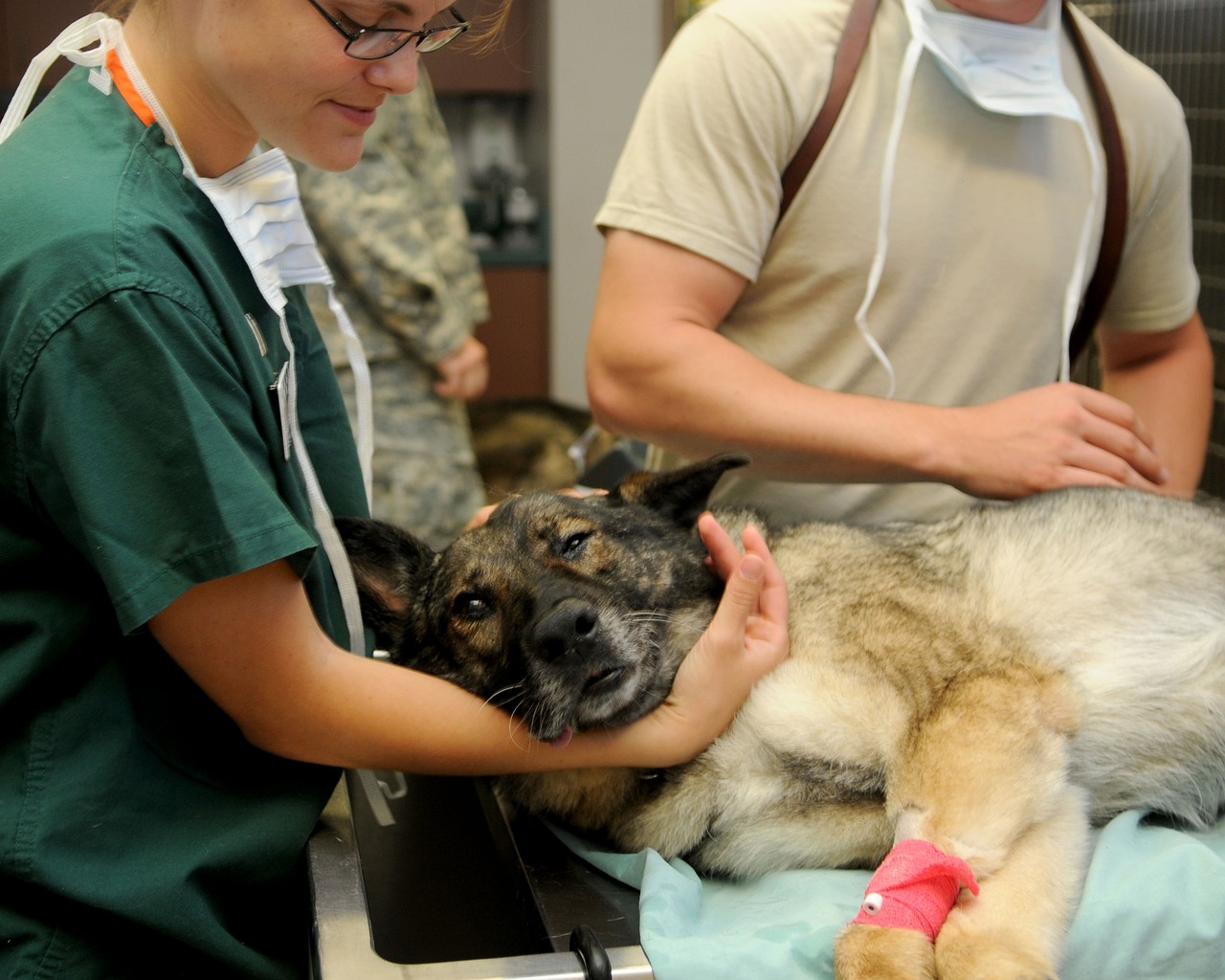Hire Veterinary Epidemiologist
Veterinary Epidemiologists play a vital role in protecting both animal and public health. Their expertise helps organizations prevent disease outbreaks, maintain healthy animal populations, and strengthen client trust. When practices hire a Veterinary Epidemiologist, they gain access to advanced disease surveillance, policy insight, and risk-mitigation strategies. Moreover, their work supports veterinary hospitals, universities, government agencies, and research institutions in creating sustainable and ethical health systems.
Why Hire a Veterinary Epidemiologist?
A Veterinary Epidemiologist is essential for organizations that want to improve health outcomes while also safeguarding long-term operations. Because they combine veterinary medicine with population-level research, they bring valuable insights that prevent disease spread and enhance animal management strategies. In addition, they create systems that streamline decision-making and reduce financial risk.
Prevent Disease Outbreaks
Epidemiologists analyze data to identify and control infectious diseases. Consequently, their work protects animal populations and minimizes risks to public health, ensuring safer environments for clients, communities, and staff.
Improve Operational Efficiency
By designing disease management programs, they help streamline operations. As a result, veterinary practices reduce costly disruptions and maximize the use of their resources.
Inform Policy and Decision-Making
Their research provides evidence-based recommendations for health authorities and organizational leaders. Therefore, employers gain reliable data to support long-term strategy.
Enhance Public Trust
Hiring an epidemiologist demonstrates commitment to animal and human health. This transparency strengthens client loyalty and builds credibility with stakeholders.
Types of Veterinary Epidemiologists
Different organizations require different epidemiological skills. Accordingly, Veterinary Epidemiologists specialize in various roles, each addressing a unique aspect of health management.
-
Field Epidemiologists: Work directly with animal populations to track and manage disease outbreaks. They collect on-the-ground data and implement rapid response protocols.
-
Research Epidemiologists: Focus on academic and scientific studies, analyzing disease trends and informing preventive programs. Their findings often guide vaccine or treatment development.
-
Laboratory Epidemiologists: Conduct in-depth pathogen studies, creating diagnostic tools and testing protocols essential for disease detection.
-
Veterinary Public Health Epidemiologists: Operate at the intersection of veterinary and human health, monitoring zoonotic diseases and collaborating with public health officials.
Because each specialization addresses a different challenge, employers should clarify their organizational goals before hiring.
Where to Find Veterinary Epidemiologists
Recruiting Veterinary Epidemiologists can be complex, yet using the right channels improves efficiency.
-
Online Job Boards: Platforms like Indeed and LinkedIn provide a wide reach. However, competition is high, and highly specialized candidates may be difficult to filter.
-
Staffing Agencies: Agencies such as Pulivarthi Group connect employers with pre-vetted veterinary epidemiologists. This reduces hiring time and increases candidate quality.
-
Professional Networks: Conferences, associations, and peer referrals often lead to strong candidates, though this method requires consistent engagement.
-
Academic Programs: Veterinary and public health schools offer a pipeline of emerging professionals, especially for entry-level or research-focused positions.
Hiring Challenges
Hiring Veterinary Epidemiologists presents several obstacles. Nevertheless, organizations can mitigate these risks with structured recruitment processes.
-
Assessing Technical Skills: Because epidemiology is highly analytical, skill evaluations can be inconsistent. Adding standardized testing and portfolio reviews improves accuracy.
-
Cultural Fit: Professionals may excel technically but struggle to align with organizational culture. Consequently, cultural assessment must be part of the hiring process.
-
High Turnover Rates: The field experiences frequent job changes, often due to project-based contracts. Employers should offer stability and growth opportunities to retain talent.
-
Limited Awareness: Some top candidates are passive job seekers, making it harder to connect without proactive sourcing.
Qualifications and Licenses
Veterinary Epidemiologists require both advanced education and practical training. Employers should look for the following:
-
Doctorate in Veterinary Medicine (DVM) or Public Health (MPH/PhD): Ensures a deep understanding of complex animal and population health issues.
-
Board Certification: Adds credibility and verifies competence. Certifications from recognized veterinary bodies demonstrate advanced expertise.
-
Field or Laboratory Experience: Hands-on work is essential to translate theory into real-world disease management.
-
Proficiency with Statistical Software: Knowledge of R, SAS, or SPSS ensures accurate data analysis and reporting.
For licensure and certification details, see the American Veterinary Medical Association (AVMA) (avma.org).
Sample Veterinary Epidemiologist Job Description
Job Overview
We are seeking a Veterinary Epidemiologist to analyze animal health data and design disease prevention strategies. This role supports both organizational decision-making and public health collaboration.
Key Responsibilities
-
Conduct epidemiological studies and field investigations.
-
Analyze health data and identify risk patterns.
-
Collaborate with veterinarians, researchers, and policy makers.
-
Develop surveillance systems and preventive programs.
Required Skills
-
Proficiency in statistical analysis software.
-
Strong communication and presentation skills.
-
Ability to collaborate in multidisciplinary teams.
Qualifications
-
Doctorate in Veterinary Medicine or Public Health.
-
Board certification or equivalent recognition.
-
Demonstrated field or laboratory experience.
Interview Questions
-
What experience do you have conducting epidemiological studies?
-
Can you describe a disease management program you developed successfully?
-
How do you stay informed about emerging health trends?
-
Which statistical tools do you prefer and why?
-
How do you approach teamwork in multidisciplinary environments?
When Should You Hire?
Hiring a Veterinary Epidemiologist is most valuable during times of expansion, outbreaks, or new research initiatives. Furthermore, if your organization manages large animal populations or partners with public health agencies, an epidemiologist ensures your operations remain proactive rather than reactive.
How to Test Skills
Because epidemiology is both technical and collaborative, testing should evaluate multiple dimensions.
-
Role-Specific Assessments: Assign case studies or simulations to test disease modeling skills.
-
Real-World Problem Solving: Provide data sets and request analysis with recommendations.
-
Past Project Review: Evaluate documented outcomes of previous studies.
-
Team Simulations: Place candidates in group exercises to assess communication and leadership.
Cultural Fit Assessment
Technical skills matter, but cultural alignment sustains retention. Employers should:
-
Ask situational questions about decision-making under pressure.
-
Compare candidate values against organizational mission.
-
Involve current staff in interviews for balanced feedback.
-
Evaluate communication clarity when explaining technical concepts.
Average Salary in the U.S.
Veterinary Epidemiologists earn between $80,000 and $120,000 annually, depending on region, experience, and sector. Professionals in metropolitan or government settings often receive higher pay. Because demand is rising, salaries are expected to remain competitive.
For benchmarking, visit the U.S. Bureau of Labor Statistics (bls.gov).
SOPs for Veterinary Epidemiology
Standard Operating Procedures ensure consistency and reliability in disease management.
-
Disease Surveillance Protocols: Guide staff on monitoring and reporting.
-
Data Collection Standards: Maintain accuracy and comparability across studies.
-
Reporting Guidelines: Define how data is shared internally and externally.
-
Training Programs: Ensure staff understand protocols and compliance expectations.
Retention Strategies
Epidemiologists are in demand; therefore, retention strategies are critical.
-
Offer Competitive Benefits: Health insurance, retirement, and paid leave foster loyalty.
-
Build a Supportive Environment: Respect, teamwork, and collaboration encourage commitment.
-
Provide Professional Growth: Offer CE, advanced training, and conference participation.
-
Encourage Work-Life Balance: Flexibility and wellness initiatives prevent burnout.
Hire a Veterinary Epidemiologist with Pulivarthi Group
Pulivarthi Group specializes in veterinary staffing solutions, connecting organizations with highly qualified Veterinary Epidemiologists. Because we pre-vet candidates for education, certifications, and culture fit, you receive only the strongest applicants. Partner with us to streamline hiring, reduce risk, and gain access to professionals who protect both animal and public health.














